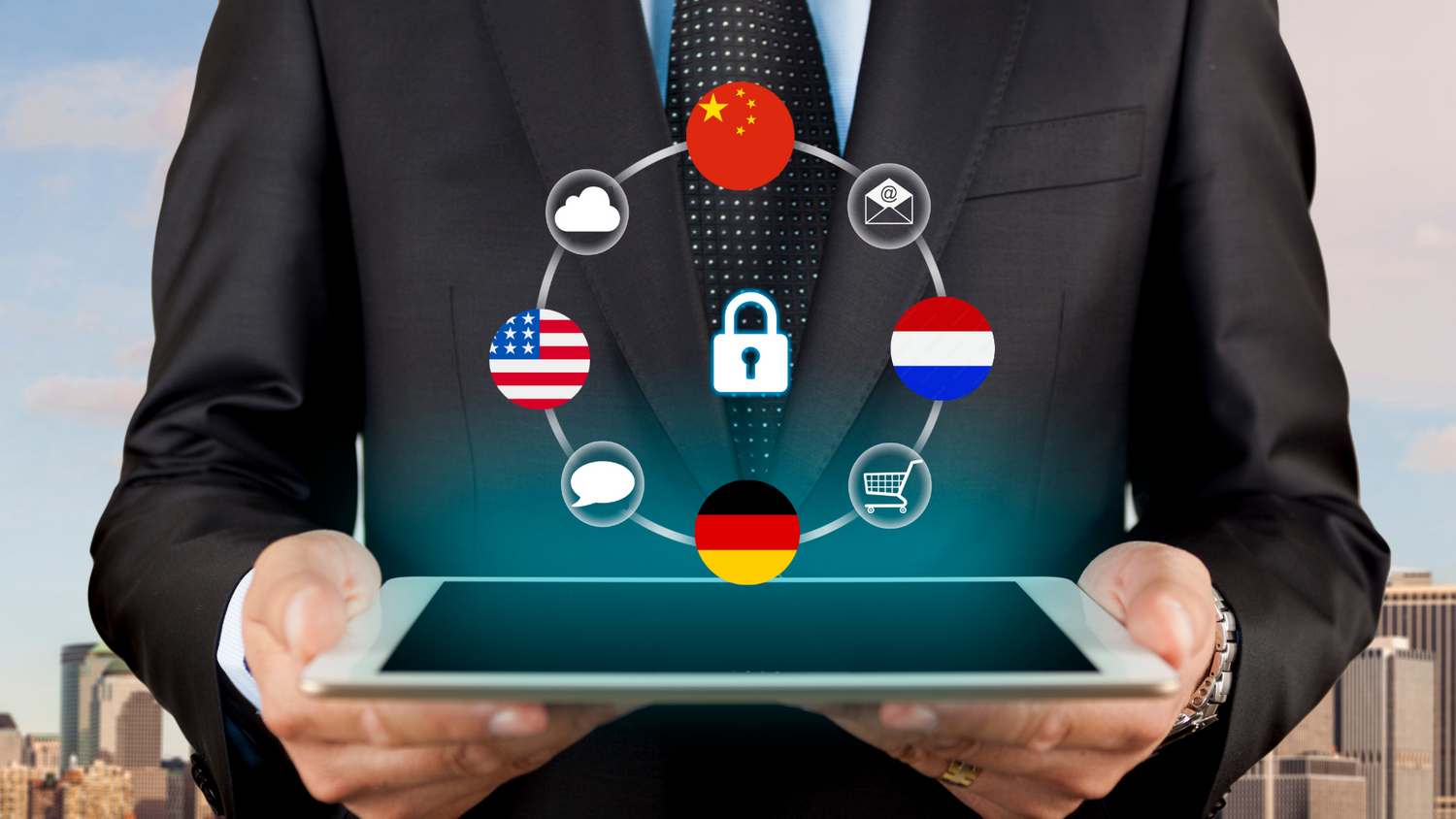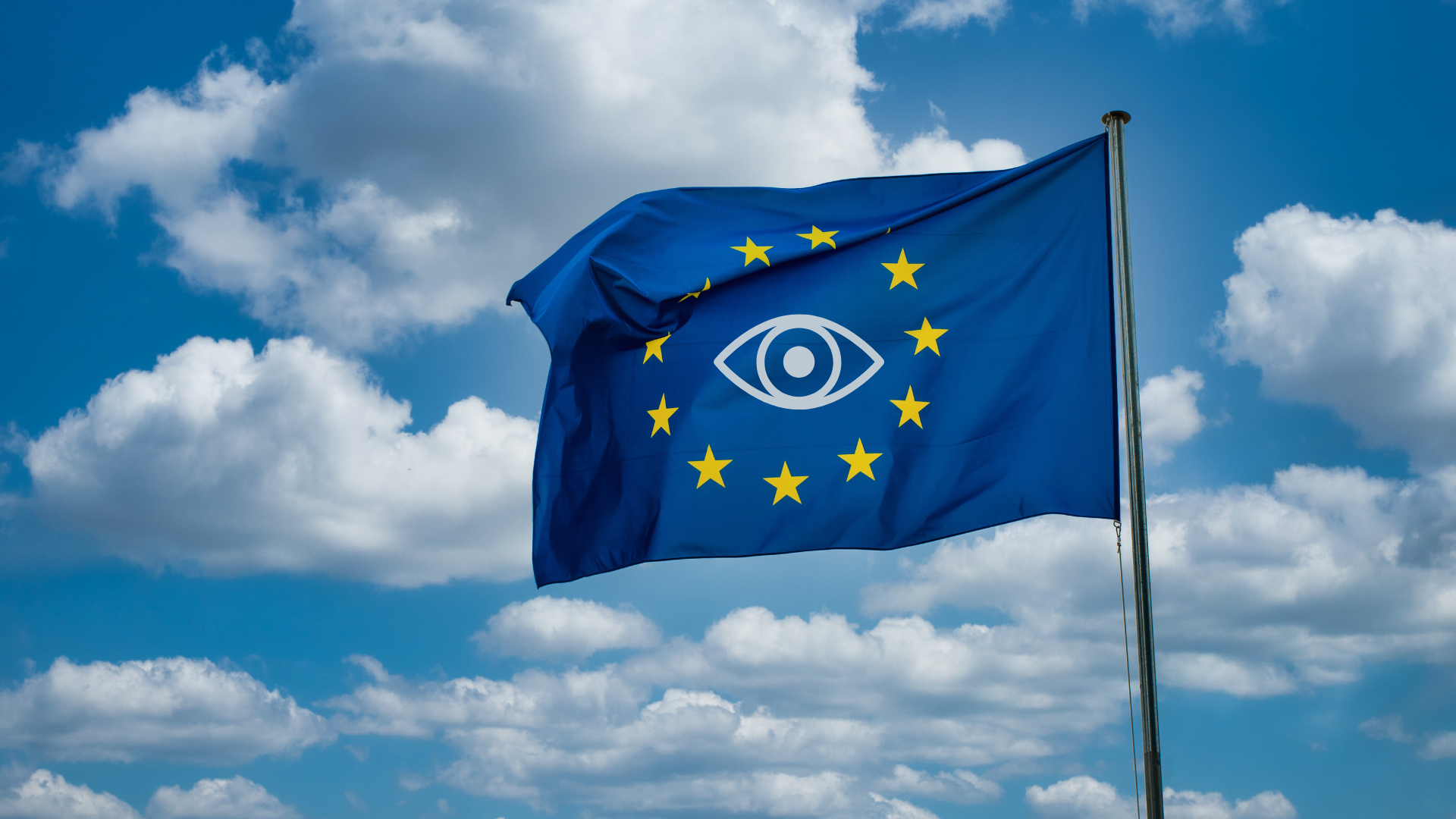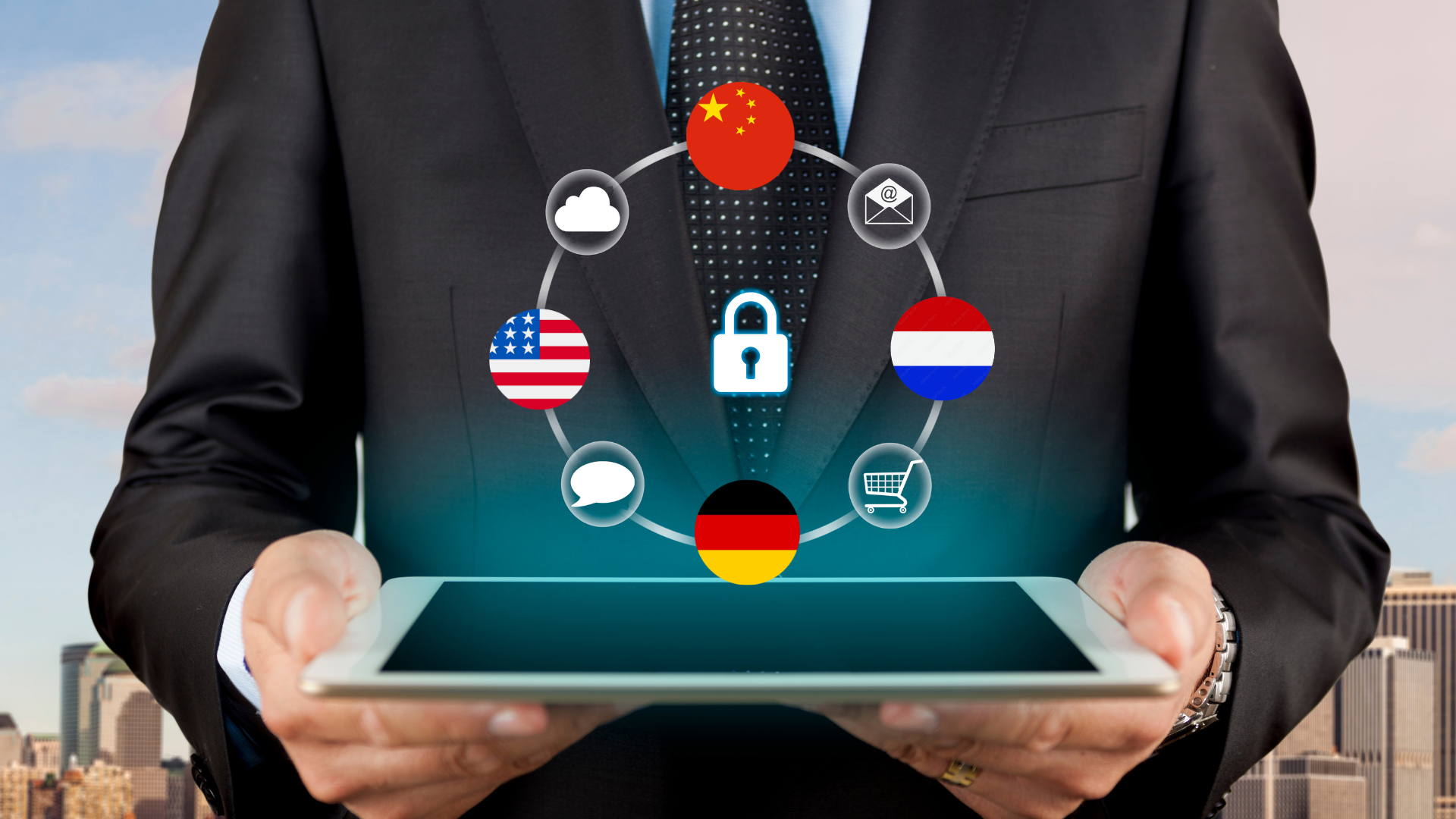What is privacy and why does culture matter?
What is privacy? For some, it’s the right to keep personal information away from others. For others, it’s about protecting the group from harm or maintaining social trust. Around the world, people think about privacy in different ways. Not just because of laws, but because of culture. This article explores how four countries: the United States, Germany, the Netherlands, and China view privacy, how these views show up in daily life and what they mean for your own digital habits. Whether you’re using social media, downloading apps or storing work files, understanding cultural differences can help you protect your data better and make smarter choices. We’ll also look at how privacy connects to key ideas like data protection strategy, data privacy vs security, privacy regulations by country and more.
Individualism vs Collectivism: Why culture changes how we see privacy
One of the biggest reasons people view privacy differently around the world comes down to culture, specifically whether a society is more individualistic or collectivist.
- In individualistic cultures like the United States, Germany, and the Netherlands, people see themselves as independent. Privacy is seen as a personal right, something you control. People expect to choose what data they share, and with whom.
- In collectivist cultures like China and many parts of Asia, people see themselves more as part of a group. Privacy may be less about personal control and more about what’s best for the community. People might accept more data collection if it supports public services or social harmony.
These cultural values shape how comfortable people feel sharing data, how much they trust institutions, and how they respond to privacy laws and tools.Understanding this helps explain why privacy concerns, laws, and behaviors can vary so much between countries.
United States 🇺🇸 – Privacy as an individual right
The U.S. is one of the most individualistic countries in the world. Americans generally believe in freedom of choice, personal responsibility and the right to privacy.
- People expect to control their own data.
- They care about company data security and expect clear rules about how their information is collected and used.
- At the same time, there’s a strong privacy paradox: Americans say they care about privacy, but many still overshare on social media or don’t adjust their privacy settings.
Example When using apps, American users expect to be asked for permission before their data is collected. They want clear opt-in choices and the ability to delete their data. Laws like the California Consumer Privacy Act (CCPA) aim to give users more control, but many people don’t know how to use them.
Takeaway Privacy is seen as a personal right, but people often don’t take action to protect it. Companies need to offer clear options and build trust through transparency.
Germany 🇩🇪 – Trust in institutions, strong legal protection
Germany also values individual rights, but with a strong focus on institutional trust and legal protection.
- People are very aware of cyber security privacy laws and expect companies to follow them strictly.
- Germans tend to share less personal information online than Americans.
- They place trust in data protection authorities to enforce the rules.
Example German students are more careful about what they share on social media compared to their U.S. counterparts. Even on platforms like Instagram or WhatsApp, they’re likely to limit who can see their posts or choose not to share personal details at all.
Takeaway Germans expect data privacy by design. If a product or app doesn’t clearly explain how it handles data, many people won’t use it.
Netherlands 🇳🇱 – Privacy with digital awareness
Like Germany, the Netherlands is an individualistic country. Dutch people value privacy, but they also tend to be more digitally confident and proactive.
- Most people are familiar with the General Data Protection Regulation (GDPR).
- Dutch users often take steps to adjust privacy settings, turn off tracking, or choose privacy-friendly tools.
- There’s a growing interest in how to protect your digital footprint.
Example A Dutch user might check which permissions an app asks for before installing it and only agree if those permissions make sense. They might use privacy‑focused search engines, delete old accounts, or use two-factor authentication.
Takeaway In the Netherlands, privacy is about both rights and education. People expect companies to follow the law and they take responsibility themselves too.
China 🇨🇳 – Privacy within the group, not from it
China takes a collectivist approach, where social order, harmony and public safety often outweigh individual control.
- Many people accept that the government or large companies collect data to improve services.
- Data is shared more within trusted circles (e.g., family, group chats) and less publicly.
- Privacy is tied more to social reputation than to personal control or legal protection.
Example During the COVID-19 pandemic, millions in China used apps that tracked location and health status. While this would have caused major privacy concerns in Europe or the U.S., many Chinese users accepted it as necessary for public safety.
Takeaway In China, privacy depends on context. If data collection supports the group or maintains stability, it’s usually accepted, even if it means giving up some individual control.
Why cultural differences matter for you
If you’re traveling or using global platforms
When you use international apps or services, it’s useful to know how privacy regulations by country work. A feature that seems normal in one country might be illegal or just strange in another.
- In Europe, users expect detailed cookie notices and options to decline tracking.
- In China, apps might request access to more data up front, and people may not see that as unusual.
- In the U.S., platforms often leave it up to users to manage their privacy settings, even if they rarely do.
If you want to protect your digital footprint
No matter where you live, protecting your privacy is always a good idea. Here are a few tips that work across cultures:
- Check app permissions regularly and remove what you don’t need.
- Use strong passwords and enable two-factor authentication.
- Don’t overshare on social media, especially personal details like addresses or financial information.
- Read privacy policies (or at least summaries) so you know how your data is used.
- Use secure tools like encrypted messaging apps and privacy-friendly browsers.
Final thoughts: Is there a right to privacy?
Yes, but how that right looks depends on your culture, country and community.
- In individualistic cultures, privacy is about personal control.
- In collectivist cultures, it’s about balancing individual needs with the common good.
By understanding these differences, you can make better choices, respect others’ perspectives, and take control of your own data. Whether you’re posting on social media, installing a new app, or sharing a document at work, it helps to know how privacy is understood, both at home and around the world. Are you interested in protecting your own privacy? Take a look at our website.










